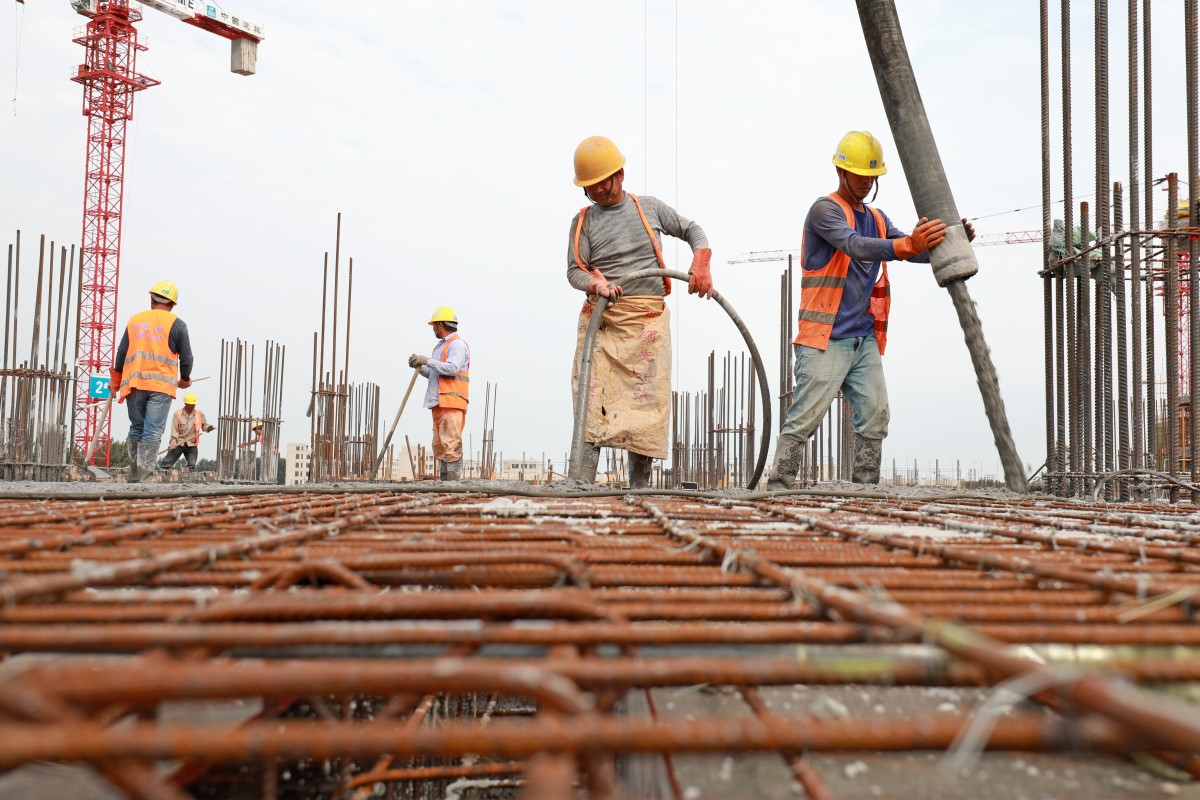After over a year of tightening policies for the real estate sector, China is finally easing some of the rules to help the beleaguered property developers. Authorities in China recently asked state-owned banks to extend at least 600 bn yuan ($85 bn) of financing to real estate developers, extending a helping hand to the China property sector.
China’s central bank and the banking regulator have asked six state-owned banks to offer financial support worth 100 bn yuan ($14.05 bn) each in the form of mortgages, loans to developers and bond purchases, sources told Bloomberg.
Aid for China property sector
The news comes at a time when China has been scrambling to pick up the pieces from the fallout of the real estate crisis. Late last month China Construction Bank said it is setting up a 30 bn yuan ($4.2 bn) real estate fund to finance existing rental housing projects, a move to settle the dust around the mortgage boycotts in the country.
China’s focus is on increasing the liquidity in its economy, but the property sector is also reeling under weak sales. Official data showed that new home prices continued to decline in August due to weak demand and slow deliveries. Property sales declined in August for a 13th consecutive month, with Reuters calculating the sales decline to 22.58% year-on-year.
Separately, real estate investment dropped 13.8% year-on-year in August, with a total decline of 7.4% between January-August. On the other hand, new construction starts plunged 45.7% in August compared to last year, the biggest fall in nearly a decade.
Coming back to the $85 bn financial support, stock markets cheered the move with real estate stocks rallying on Monday, October 3. Considering the extent of the problem, China is likely to take more measures to help the property sector.
The Chinese government has offered a rare tax incentive for residential purchases to boost sales. A statement by the finance ministry said that citizens buying new homes within a year of selling their previous homes will get a refund on the income tax.
“More actions may be announced after the party congress. But an incremental response that shifts the responsibility to overstretched local governments (buying bonds and other incentives) only puts off the eventual day when Beijing will need to orchestrate expensive bailouts that shift vast amounts of bad debt onto central government balance sheets,” says US-based think tank Atlantic Council.


 Australia
Australia China
China India
India Indonesia
Indonesia Japan
Japan Malaysia
Malaysia Philippines
Philippines Singapore
Singapore South Korea
South Korea Taiwan
Taiwan Thailand
Thailand Vietnam
Vietnam







